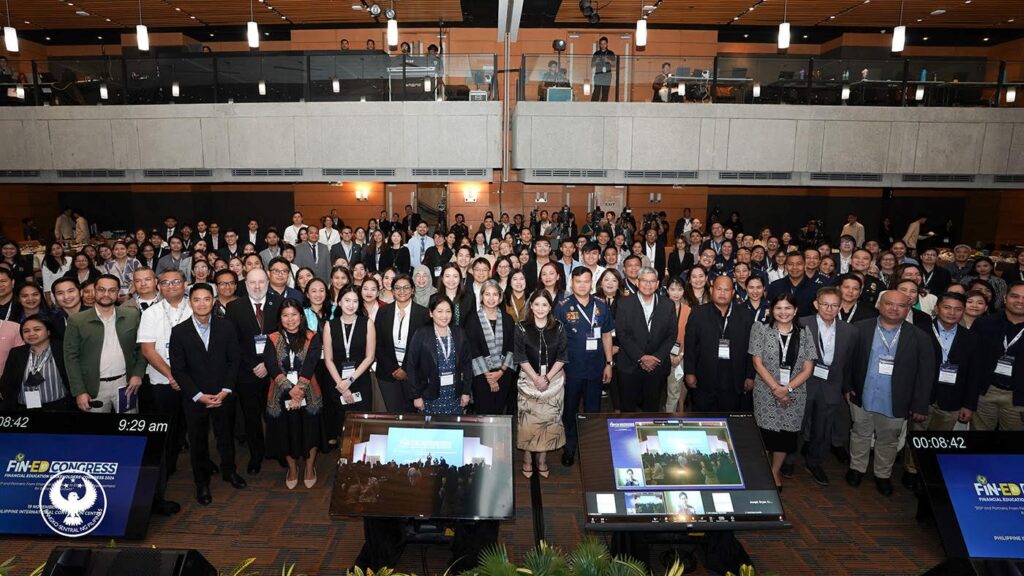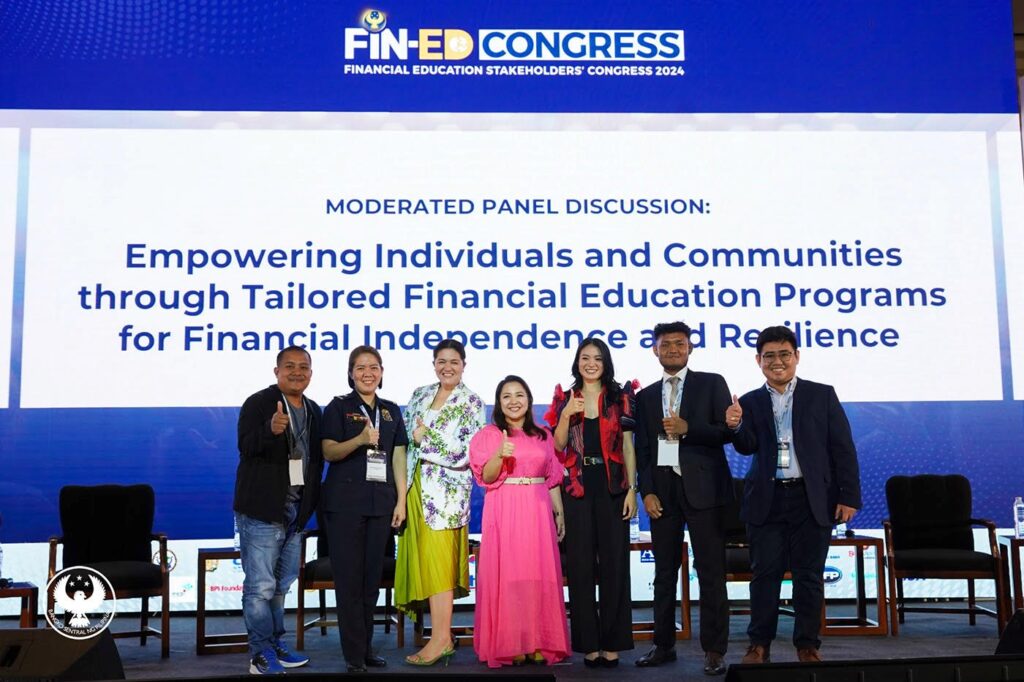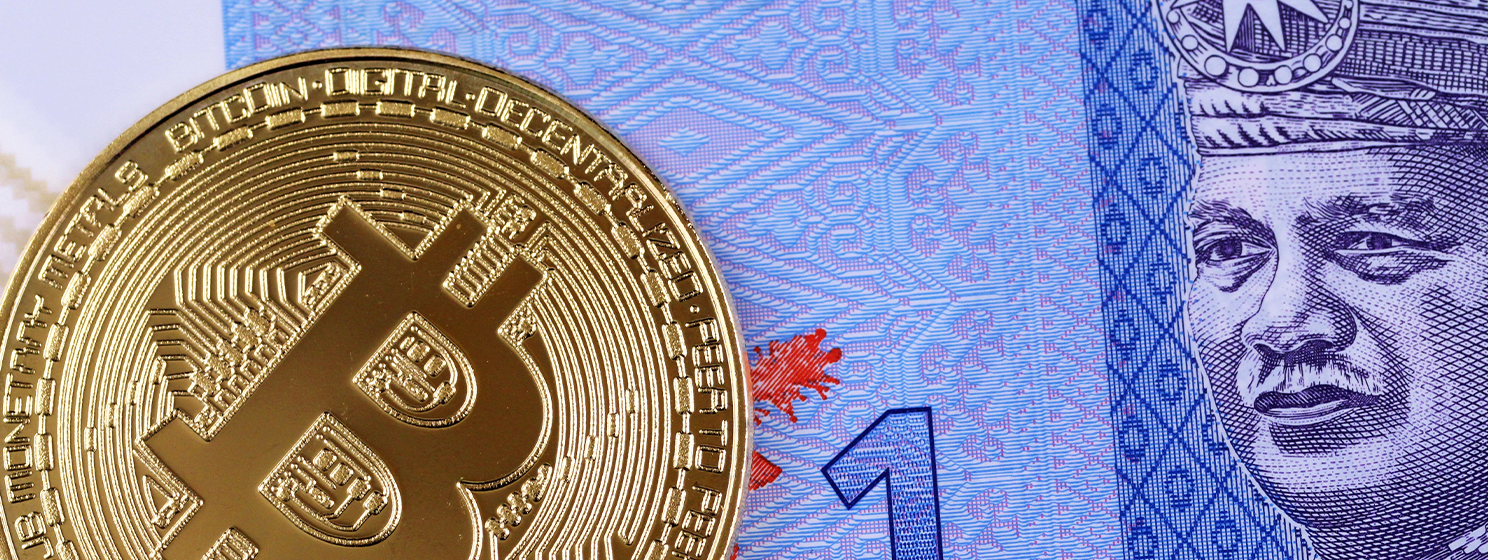|
Getting your Trinity Audio player ready...
|
The Bangko Sentral ng Pilipinas (BSP), the Philippines’ central bank, in collaboration with its partners, hosted the 2024 Financial Education (Fin-Ed) Stakeholders’ Congress to spotlight the role of digital technology in promoting financial literacy across the Philippines. Held on November 19-20 at the Philippine International Convention Center (PICC) in Pasay City, the event underscored the need to equip Filipinos with essential financial skills to improve decision-making in savings, investments, and retirement planning.

“It [financial education] also gains momentum when we embrace technology, making lessons and tools more accessible and ensuring they reach people wherever they are,” BSP Deputy Governor Bernadette Romulo-Puyat emphasized. “For instance, the BSP E-Learning Academy, or BELA, will be available next year as an online platform to allow Filipinos to gain valuable financial skills anytime and anywhere.”
A leap toward digital learning
A central highlight of the Congress was the BSP E-Learning Academy (BELA), a free online platform offering courses on personal finance. Soft-launched in August 2024, BELA is set to be fully accessible to the public by 2025. This initiative marks a step forward in the BSP’s efforts to expand financial education programs tailored to underserved sectors, including students, teachers, farmers, fisherfolk, Overseas Filipino Workers (OFWs), and micro, small, and medium enterprises (MSMEs).
The Congress explored innovative approaches like augmented reality (AR), virtual reality (VR), and artificial intelligence (AI) to enhance financial learning.
Strengthening partnerships for a broader impact
During the opening day, the BSP unveiled new educational materials aimed at out-of-school youth, civil servants, police officers, and firefighters. In a significant move, the BSP signed a partnership agreement with the Department of Education (DepEd) to reinforce financial literacy among K-12 students, teachers, and DepEd personnel nationwide.
Focus on economic resilience and inclusion
The event’s second day welcomed members of the academe and workforce for a session themed “Empowering One, Empowering All: How Economic and Financial Education Builds Resilient Filipinos and a Stronger Philippine Economy.” Attendees, both in-person and online, heard testimonials and expert insights on the impact of financial education on personal welfare, rational decision-making, and the ripple effects of individual financial choices on the broader economy.

Speakers highlighted the critical role of regulators in safeguarding financial transactions and fostering economic resilience. These discussions aimed to inspire stakeholders to adopt best practices and empower more Filipinos.
A step toward financial inclusion and sustainable growth
Aligned with the annual Economic and Financial Literacy Week celebration, the Congress underscored the importance of synergy among public and private institutions, development partners, and financial education advocates.
As digitalization continues to transform the financial landscape, the BSP and its partners are committed to leveraging technology to enhance financial literacy. The introduction of BELA, partnerships with educational institutions, and innovative teaching tools signal a robust future for financial empowerment in the Philippines.
Watch: The Philippines is at the forefront of blockchain tech adoption

 02-23-2026
02-23-2026 




